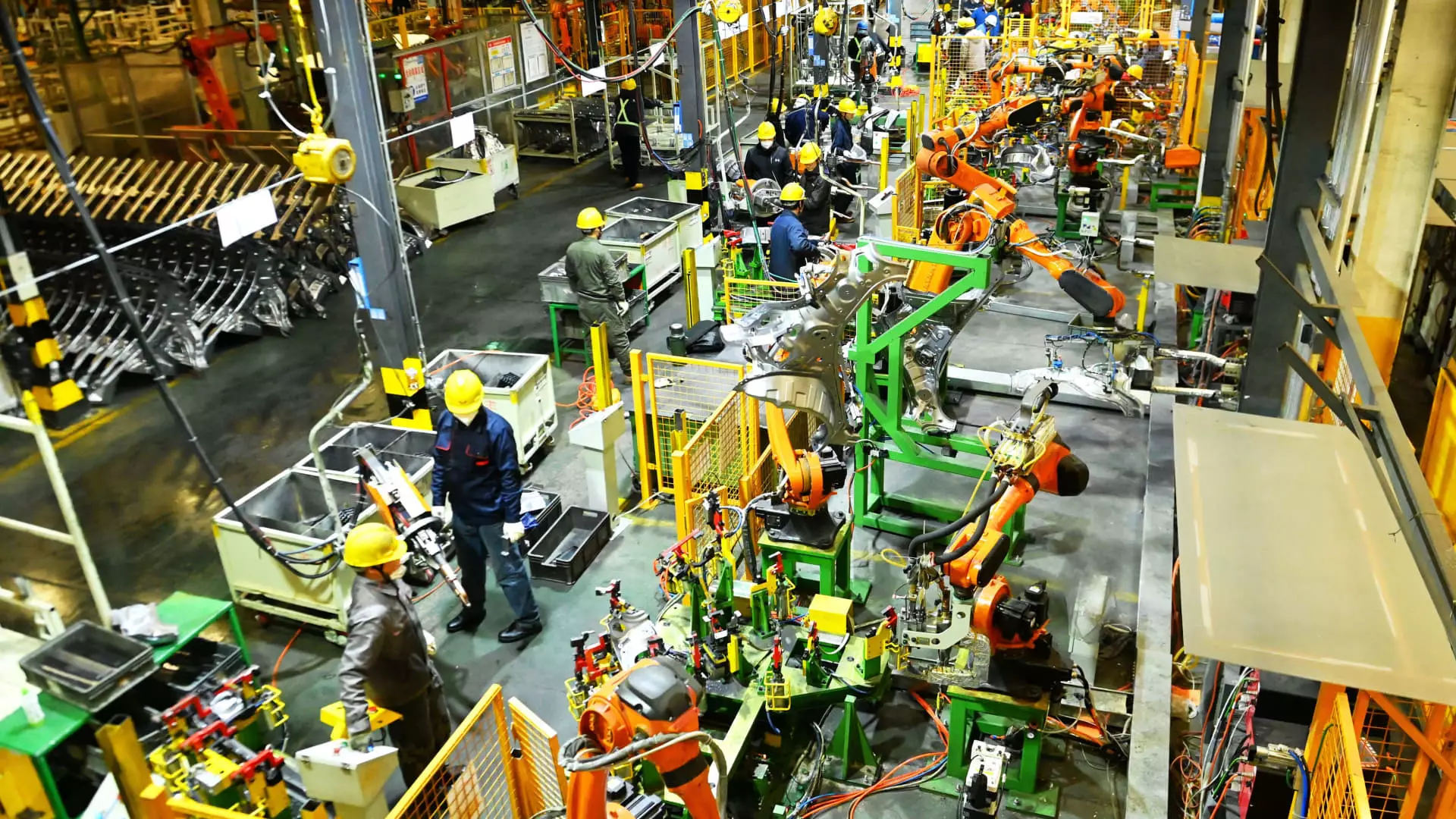As President Trump’s administration continues to throw darts at global trade, the auto industry is left teetering on the edge of uncertainty. The proposed exemptions for certain automakers from tariffs may seem like a lifebuoy, but they are more akin to a half-hearted attempt at a rescue in a storm. While the Federal administration contemplates the efficacy of its approaching auto parts tariffs, the automotive sector faces not just challenges but outright existential threats. These tariffs, originally introduced to combat fentanyl trafficking and protect domestic production, could ultimately cripple an industry that has historically been a backbone of America’s economy.
With tariffs on imports from China, alongside steel and aluminum duties expected to persist, the broader implications for job creation and economic health are severe. The auto industry, often seen as a bellwether for the U.S. economy, might not just limp along; rather, it could find itself gasping for air. This raises an urgent question: is the administration’s decision-making process sustainable? As stakeholders, including major automakers and policy groups, lobby for relief, it’s apparent that the tariff strategy is fraught with political calculation but scant on foresight.
Corporate Lobbying and Political Capital: The Growing Pressure
The pushback from industry leaders reflects a desperate plea for logical governance, something that is increasingly rare in today’s political landscape. Automakers and their associations have taken an uncommon step—unifying to oppose what seems to be an avalanche of tariffs, all while pleading for understanding. General Motors’ CEO Mary Barra succinctly articulated their plight: clarity and consistency are needed now more than ever.
Yet, it’s perplexing why the administration has opted for such an aggressive trade posture in the first place. The oft-stated rhetoric of protecting American jobs obscures a broader truth: these tariffs often result in counterproductive outcomes that can lead to job losses and increased costs for consumers. If automobile production costs surge due to higher tariffs on steel and other components, it logically follows that consumers will bear the brunt of inflated vehicle prices, reinforcing a cycle of economic strain.
As Trump holds firm, it appears that he views tariffs as tools of negotiation and leverage. However, the risks are palpable, particularly with the automotive supply chain intricately linked not only domestically but also with Canada and Mexico—nations that are key players in this production network. By potentially jeopardizing these relationships with his heavy-handed tariff policies, he runs the risk of instigating a trade war that harms U.S. interests.
Divisive Consequences: Who Really Benefits?
Some in the administration argue that the tariffs will ultimately fortify domestic manufacturing, yet this line of reasoning is increasingly contentious. If history teaches us anything, it’s that protectionist measures often have unintended consequences. The so-called “America First” policy must be critically assessed for its practical implications, not just its ideological allure. One can almost hear the groaning of economic textbooks written decades ago as they warn against the pitfalls of isolationist strategies.
While some might suggest that lifting certain tariffs could level the playing field for American manufacturers, the reality is that these moves may only induce further chaos. As industry leaders across the spectrum express their fears about upcoming tariffs, it becomes evident that the administration’s approach risks alienating an entire sector that employs millions. For instance, a 25% tariff imposed on Canadian car imports could further exacerbate tensions between the U.S. and its neighbors and reduce competitiveness.
Consumer Consequences: The Real Price of Tariffs
Beyond the corporate façade lies the consumer. Ultimately, shoppers will be the ones feeling the pain of inflated car prices, either through direct financial impact or the eventual trickle-down effect of increased costs for goods and services. Creation of jobs and an enriched economy are essential, yet the same administration pushing for tariff enforcement seems to overlook the mundane yet significant truth that a healthy economy thrives on stability—something that tariffs with unpredictable ramifications are unlikely to foster.
Whether it’s the unfounded assumptions of boosted employment from imported auto part levies or the false promise of an American-made market shielded from competition, it’s clear that consumers are left with little protection from the capricious winds of political strategy. If the government is unwilling to take a thoughtful approach that truly considers the broader picture, we may soon see the automotive industry nosedive into a precarious position, taking many of America’s workers and families along for the ride.

